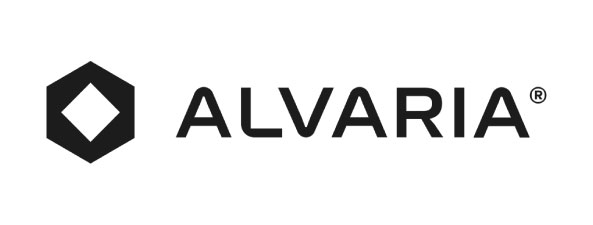Confidentiality between data vendors and clients is imperative in our industry. Breached or leaked data can result in compliance violations and far-reaching operational, financial, and reputational damage to an agency.
In this blog, we’ll review the importance of confidentiality between data vendors and clients as well as determine who has the responsibility of keeping consumer data private.
Data vendors must be able to tell clients exactly how they will keep their information and data confidential. Keep in mind that confidentiality is just as important to collections agencies as it is to vendors. Agencies must protect the data sent to them by clients in order to undergo the collections process and settle debts on unpaid accounts.
Data confidentiality refers to the protection of data from unauthorized disclosure and access to protect personal information and privacy.
This is where integrity comes into play. Data vendors must be capable of detailing how they will maintain the integrity of consumer data and protect it at all times, and in case something goes awry, how they will restore the data and fix it.
Vendors must keep data safe at all times yet available so that collections agencies can access it anytime. Vendors also need to be able to explain how they’re going to do just that. This arrangement is referred to as an SLA, or a Service Level Agreement, which can be seen as a form of “insurance policy.” Most average-sized collections agencies don’t necessarily need this agreement, but it’s sometimes seen with first-party clients or larger agencies.
The reason for all of this? The Consumer Financial Protection Bureau has put into play rules and regulations surrounding the safeguarding of personal and financial data, referred to as the Consumer Financial Protection Act.
This states that financial institutions must enact proper technical, administrative, and physical safeguards to protect the security and confidentiality of consumer information. If these laws aren’t adhered to and data fails to be secured, data vendors, their partners, and collections agencies can be subject to fines and unfairness violations.
Collections agencies and accounts receivable departments need to ask their data vendors the tough questions about how their data is going to be secured and readily available.
If your organization is struggling with finding the right data vendors and increasing collections rates, TEC Services Group will help you implement a waterfall strategy that gets to the right solution—the first time. Learn more: 941.375.0300







